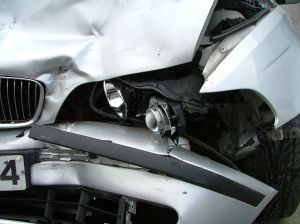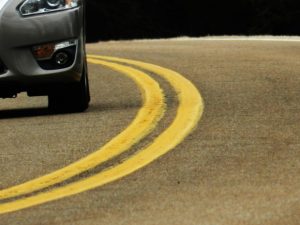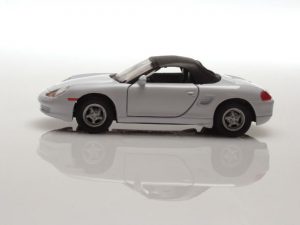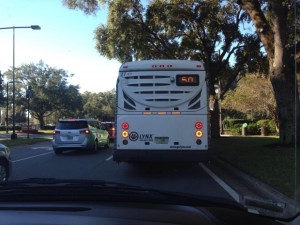People might assume that a vehicle legally owned by a multi-million dollar corporation is adequately insured. But when it comes to rental cars, they may find themselves disappointed. 
Approximately 1 in 4 drivers in Florida has no insurance, despite law that requires it. Florida’s vicarious liability laws consider motor vehicles to be a dangerous instrumentality, which means vehicle owners (if different from the driver) can be held responsible for injuries caused – even if the owner wasn’t directly negligent. It used to be that rental car companies were included. However, the 2005 passage of a federal law known as the Graves Amendment eliminated this avenue of financial recovery. The Graves Amendment, codified in 49 U.S.C. 30106, preempts and abolishes any state statute or common law precedent that held rental or leasing agencies vicariously liable for the negligent actions of their drivers – except when the owner was negligent or engaged in criminal wrongdoing.
When drivers rent a vehicle, he or she is given the option to purchase insurance through the rental car company. However, they aren’t required to do so and many don’t. Further, it’s not unheard of for rental car companies to rent vehicles to drivers with no insurance. But that effectively leaves the vehicle with no insurance in the event of a crash. So what’s the best way to protect yourself? Uninsured/ underinsured motorist coverage. Yet even then, as the recent case of Martin v. Powers shows, injured plaintiffs may still find themselves in for a fight. Continue reading ›
 Florida Injury Lawyer Blog
Florida Injury Lawyer Blog














